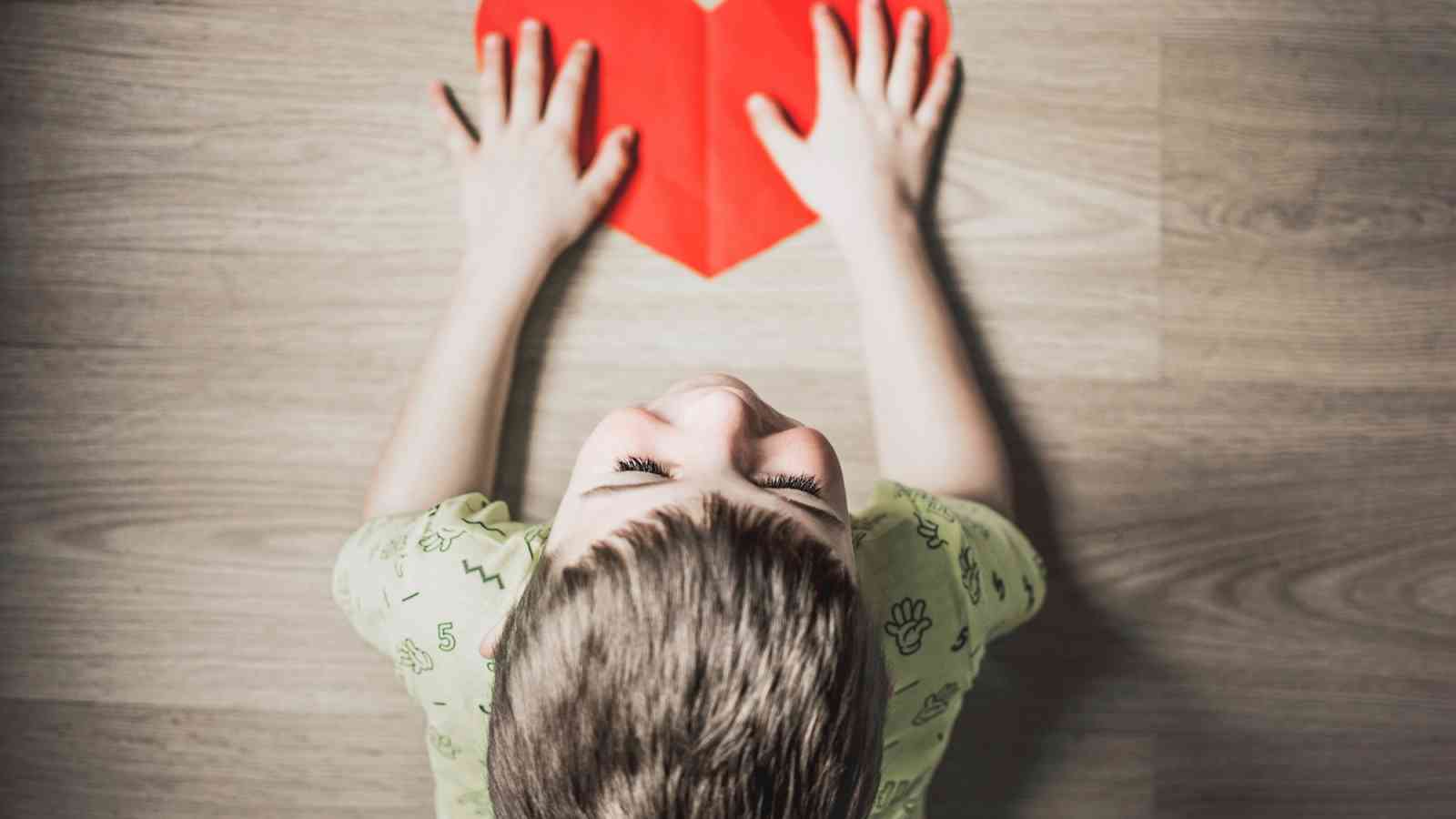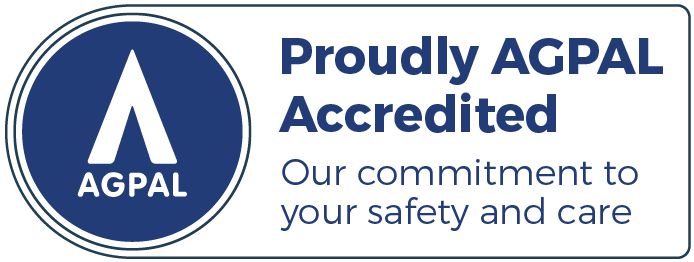
How to talk to your children about Coronavirus
UNICEF Australia have provided 8 tips on how to help comfort and protect children during this uncertain time.
1. Ask open questions and listen
Start by inviting your child to talk about the issue. Find out how much they already know and follow their lead. If they are particularly young and haven’t already heard about the outbreak, you may not need to raise the issue – just take the chance to remind them about good hygiene practices without introducing new fears. Most importantly, don’t minimize or avoid their concerns.
2. Be honest: explain the truth in a child-friendly way
Use age-appropriate language watch their reactions and be sensitive to their level of anxiety. If you can’t answer their questions, don’t guess. Use it as an opportunity to explore the answers together.
3. Show them how to protect themselves
One of the best ways to keep children safe from coronavirus and other diseases is to simply encourage regular handwashing. It doesn't need to be a scary conversation. Sing along with The Wiggles or carry out a dance to make learning fun.
4. Offer reassurance
When we’re seeing lots of troubling images on TV or online, it can sometimes feel like the crisis is all around us. Children may not distinguish between images on screen and their own personal reality, and they may believe they’re in imminent danger. You can help your children cope with the stress by making opportunities for them to play and relax, when possible. Keep regular routines and schedules as much as possible, especially before they go to sleep, or help create new ones in a new environment.
5. Check if they are experiencing or spreading stigma
The outbreak of coronavirus has brought with it numerous reports of racial discrimination around the world, so it’s important to check that your children are neither experiencing nor contributing to bullying.
6. Look for the helpers
It’s important for children to know that people are helping each other with acts of kindness and generosity. Share stories of health workers, scientists and young people, among others, who are working to stop the outbreak and keep the community safe. It can be a big comfort to know that compassionate people are taking action.
7. Look after yourself
You’ll be able to help your kids better if you’re coping, too. Children will pick up on your own response to the news, so it helps them to know you’re calm and in control. If you’re feeling anxious or upset, take time for yourself and reach out to other family, friends and trusted people in your community.
8. Close conversations with care
It’s important to know that we’re not leaving children in a state of distress. As your conversation wraps up, try to gauge their level of anxiety by watching their body language, considering whether they’re using their usual tone of voice and watching their breathing.
Remind your children that they can have other difficult conversations with you at any time. Remind them that you care, you’re listening and that you’re available whenever they’re feeling worried.
Read more on these great tips via their website here.




